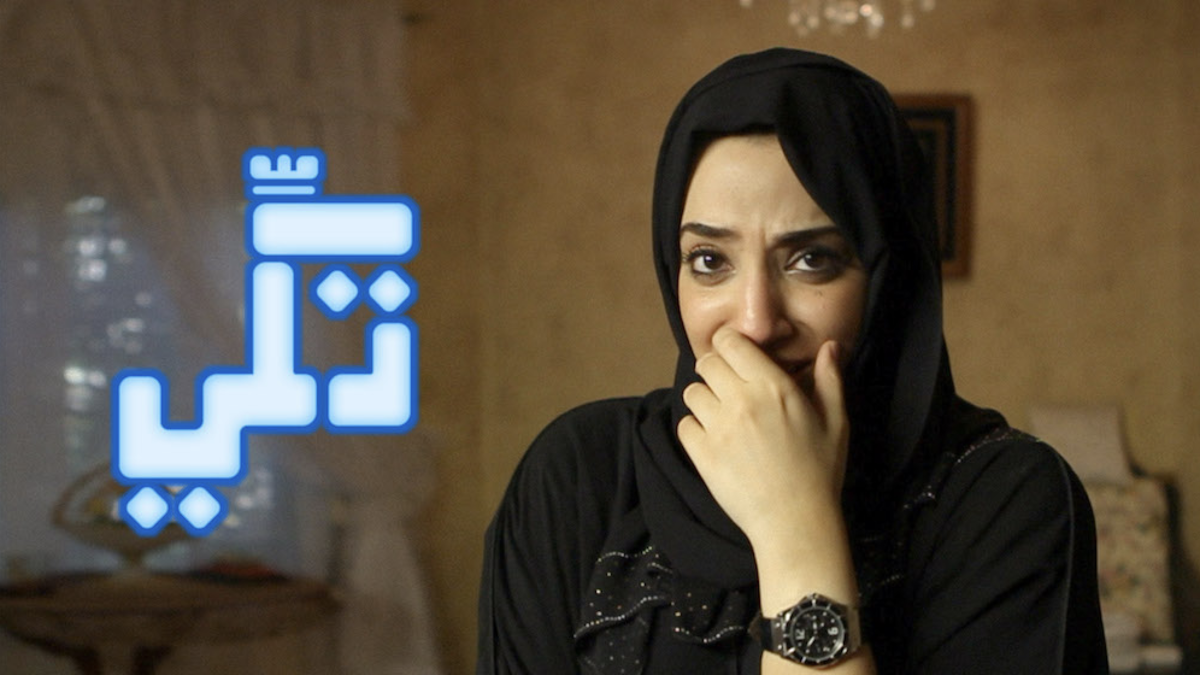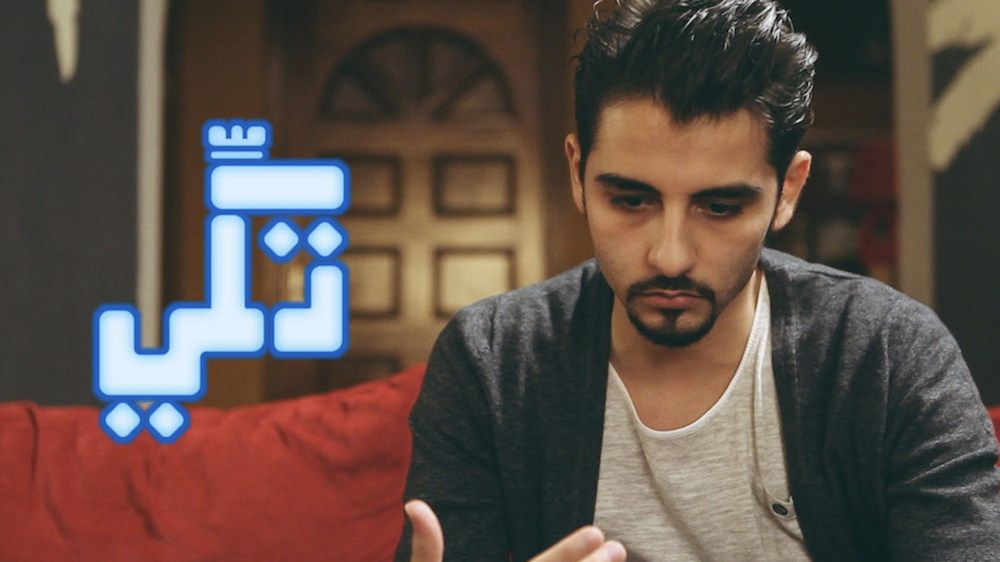
[ad_1]
DUBAI: The entrepreneur behind an award-winning Saudi online entertainment network has credited the Kingdom’s ambitious reform plan for helping to boost the business sector.
From facing objections to his company’s content to receiving funding toward generating new material, Kaswara Al-Khatib, founder of UTURN, has over the last decade witnessed a revolution in the media industry.
“Saudi Vision 2030 did not contribute to, but revolutionized the whole entertainment industry,” he said.
The Saudi-based network, which comprises of UTURN Entertainment, Fullstop Creatives, and Made in Saudi Films, merged with digital company Webedia Middle East — home to yasmina.com, 3a2ilati.com, and atyabtabkha.com — to form Webedia Arabia in 2018.
Since UTURN’s launch in 2010, the entertainment house has won several awards including the Arabian Business Achievement Award for small business of the year in 2014 and the Arab States Broadcasting Union (ASBU) BroadcastPro Award for multi-channel of the year.
When the company was first established, the media industry in the Middle East was not fully recognized or respected, said Al-Khatib. “It is mind-blowing how we struggled back then, and now suddenly we have all the support we could hope for.”
That struggle was evidenced in “Takki,” a show first produced by UTURN for YouTube in 2010 that has now been picked up by Netflix.

“When we started back in 2010, the typical media scene was mainly TV channels – government-owned and satellite channels — big productions and networks with big shows. We wanted to disrupt that and create content from youth to the youth, and the only platform that was available then was YouTube,” he added.
Content has since exploded across platforms as Facebook, Instagram, and Snapchat started offering videos and other content opportunities. This meant UTURN had to adapt.
“We tried to move out of being a multi-channel network (MCN) that did different channels on YouTube into a multi-platform network (MPN) where we did different content on multiple platforms. So, we adapt to the platform and we do the content that suits that platform,” Al-Khatib said.
He pointed out that UTURN was now one of the top channels on Snapchat Discover, engaging with 2 million people on a daily basis. This has required agile thinking and an adaptive approach, which meant “sticking to our core” while venturing into new opportunities.
“We didn’t want to be a production house where we produced all the content. We wanted to work with the different content creators and young talents and support them to do what they do best, through technical support or monetization,” he added.
For instance, when it came to Snapchat, UTURN hired a bunch of new graduates with no prior experience so it could have fresh eyes to create new content.
“It’s not a one size fits all. Every new change requires a new way of thinking, and we bring a team that understands that and works with them.”
It was this approach that led to UTURN venturing into premium content, typically longer-form content for TV or streaming services. The media house’s shows include “7ob el tayeebeen,” “Mehan,” and “Saudi Heroes” on SBC, a show on Shahid, and most recently “Takki” on Netflix.
The increased interest and investment from Netflix in Saudi Arabia is putting the Kingdom on the global map.
Al-Khatib said: “The others (streaming platforms) are mostly targeting the Arab world. Netflix is definitely a different ball game. We are talking global … the whole world could watch it.
“So, the potential of it is much different and we have to be careful what we put in there because it reflects us, it reflects Saudi and we want to put something in there that truly reflects us.”
Last month, Netflix announced the release of its first Saudi original series “Whispers,” available to more than 183 million users in 190 countries and subtitled in at least 20 languages. There are also three more originals coming up for the MENA region – “Al-Rawabi School for Girls,” “Paranormal,” and “Abla Fahita” – in addition to more licensed content such as “27th of Shaban,” and “Wasati.”
Between 2002 and 2005, Al-Khatib had a talk show on MBC with Ahmad Al-Shugairi called “Yala Shabab.” Al-Khatib said: “I realized the power of media and how it could change mindsets … you could change people and drive them to do things. So, media has always been something in the back of my head … it is a certain power, whoever commands media commands a certain power.”

This power is useful to marketers too. Webedia Arabia’s network reaches 60 million Arab consumers with different interests across multiple sectors from the Middle East and North Africa region, said the group’s CEO George Maktabi, adding that brands were basically looking for the fastest, most efficient, and most impactful way to reach audiences or consumers.
“In addition to the ability to create stories that are compelling enough to create awareness and continuously build sales, we have the possibilities for our different verticals to reach these consumers,” said Maktabi.
“Starting from the insight that would generate an advertisement or a piece of content, the ultimate aim and ambition is to actually reach audiences and we believe that we are in a position that would allow us to achieve this for the marketers and partner with brands to do that.”
He noted that what distinguished Webedia Group from other agencies or networks was its easy access to audience data, the lack of which was “the biggest pain point” for brand and media agencies.
For Webedia, he said, audiences were at the heart of everything and any marketing activity started from the data and insight that the group generated from audience interaction on a minute-by-minute basis.
“People are triggered by stories whatever the stories are – whether it is a very simple recipe that tells a story about something new you are cooking or something as complicated as a drama on Netflix. This is all storytelling.
“We are in the business of trying to trigger emotions and engaging and building audiences, wherever they are. Sometimes it meets a marketing objective, sometimes we intentionally make it so it tells a brand story, and sometimes it’s just editorial stories,” Maktabi added.
[ad_2]
Source link